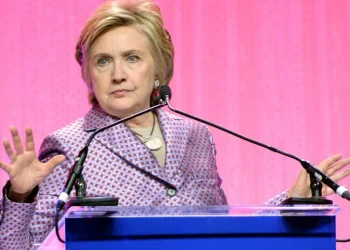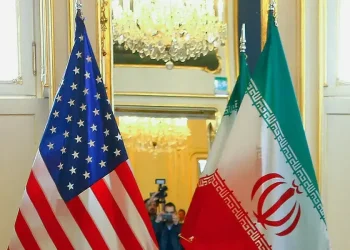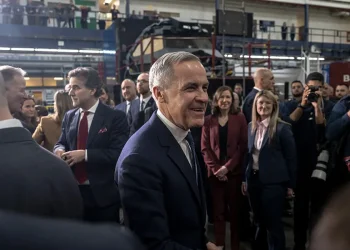RIO DE JANEIRO: G20 finance ministers are expected to take a first step towards international cooperation on taxing the super-rich Friday, with a deal in Brazil likely to call for individual nations to strengthen their own measures, rather than delivering a set of unified regulations.
The initiative is a key priority for Brazil’s leftist president Luiz Inacio Lula da Silva, who this year heads the G20 grouping that includes the world’s major economies, the European Union and the African Union.
On Friday, ministers are discussing financing the climate transition and debt, but the two-day meeting in Rio de Janeiro has been dominated by talks on how to stop billionaires from dodging taxes.
The discussions will form the basis of talks during a G20 summit on November 18 and 19.
While Lula was hoping for a minimum tax on the moneyed elite, a compromise is likely to be a call for countries to strengthen their own taxation measures, rather than an international agreement.
The United States and Germany both dismissed the need for a global deal on taxing billionaires, which is backed by France, Spain, South Africa, Colombia and the African Union.
Tax the super-rich, ex-leaders tell G20
Brazil’s Economy Minister Fernando Haddad expressed his confidence in the initiative, and said a final “declaration” to be published Friday would mark a “first step.”
This communique will take up the “Brazilian proposal to start looking at international taxation, not only from the point of view of companies, but also from the point of view of individuals called the super-rich.”
According to a draft of the declaration seen by AFP, G20 members would “seek to engage cooperatively to ensure that ultra-high-net-worth individuals are effectively taxed.”
“Wealth and income inequalities are undermining economic growth and social cohesion and aggravating social vulnerabilities,” reads the text of the draft.
It added that international cooperation could help promote “fair, and progressive tax policies” without mentioning any taxes negotiated at the international level.










 American Dollar Exchange Rate
American Dollar Exchange Rate